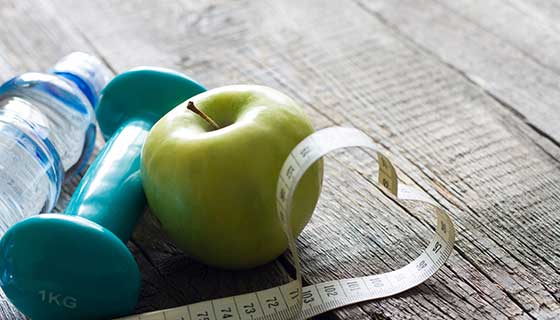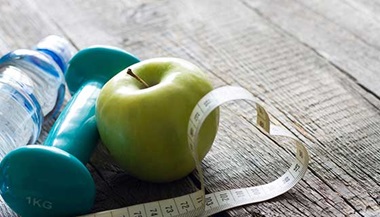Natural Ways to Lower Blood Pressure
Fewer than half of people with high blood pressure have it under control. The problem: When your pressure is too high for too long, it can stretch and damage your arteries.

The resulting health problems can include heart disease, heart failure, stroke, kidney damage, vision loss, memory loss and cognitive decline. So it’s important not to brush off high blood pressure. Your first line of defense: Try these lifestyle changes as natural ways to lower blood pressure. Try these lifestyle canges as natrual ways to lower blood pressure.
Balance nutrients.
Go for less sodium (under 1,500 mg per day) and more potassium. Learn the top sources of each.
Put probiotics on your side.
Eating food that contains probiotics—consumable live bacteria—has been linked to healthier blood pressure. See how you can put this finding to work for you.
Lose even a little weight.
Researchers are finding that extra pounds can actually cause heart muscle injury. Read more about the implications for your heart health.
Move more.
Did you know that physical activity can be as beneficial to your heart as medication in some cases? Find out just how it works and how to get started with simple steps.
Relieve stress.
Everybody has some stress in their lives. But prolonged stress can raise your blood pressure and keep it higher longer than is healthy. One way to relax your mind, body and blood pressure: Practice yoga.
Will It Work?
Sometimes you can lower high blood pressure solely through lifestyle changes. In other cases, treatment requires both a healthy lifestyle and medications, according to Johns Hopkins Ciccarone Center cardiologist Michael Blaha, M.D., M.P.H.
Research Shows Losing Weight Leads to Heart Health
A diet that’s low in fat and carbohydrates can improve artery function, according to a 2012 study by Johns Hopkins researchers. After six months, those on the low-carb diet had lost more weight, and at a faster pace. But in both groups, when weight was lost—and especially when belly fat shrank—the arteries were able to expand better, allowing blood to travel more freely. The study shows that you don’t have to cut out all dietary fat to shrink belly fat. For heart health, simply losing weight and exercising seems to be key.






